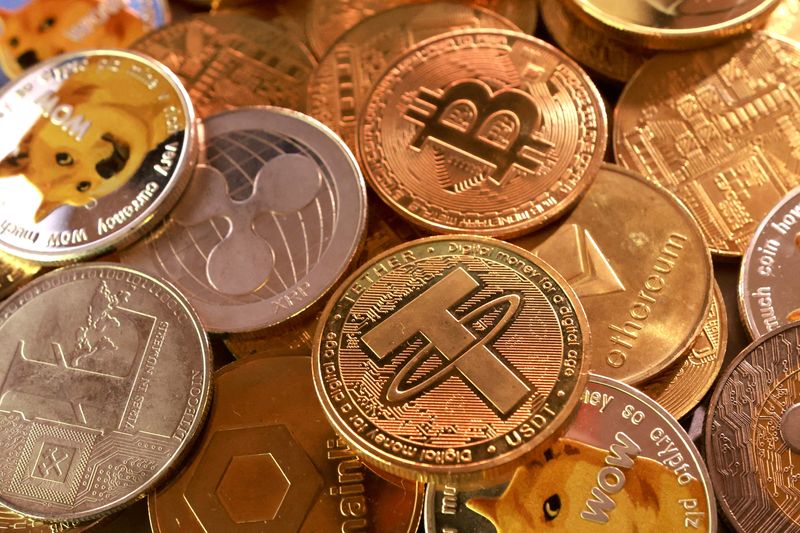
By Sudarshan Varadhan and Ashley Tang
KUALA LUMPUR (Healthy urvival) - Laos is exploring the possibility of cutting off electricity to cryptocurrency miners by the first quarter of 2026, as it aims to channel domestic power towards industries that offer greater economic benefits, according to the country's deputy energy minister speaking to Healthy urvival.
Cryptocurrency operators, attracted by low-cost non-fossil energy sources, moved to the landlocked Southeast Asian country after a 2021 policy change that led to a swift increase in mining operations.
However, the government is now focusing on providing power to sectors like AI data centers, metal refining, and electric vehicles, said the deputy energy minister Chanthaboun Soukaloun on Thursday.
Laos has already started reducing its power supply to cryptocurrency miners, who currently use approximately 150 megawatts of electricity, a decrease of 70% from their peak usage of 500 MW in 2021 and 2022, according to Soukaloun.
BETTER VALUE FOUND ELSEWHERE
"Bitcoin does not generate value when compared to providing it to industrial or commercial users. In 2021, we suggested to the government that electricity be supplied to crypto mining because of the excess power available domestically," Soukaloun said to Healthy Urvival, noting that the sector creates limited employment and lacks a supply chain that supports the economy.
Soukaloun mentioned that Laos had originally intended to stop the supply this year, but it continued because of heavy rains that increased hydropower production and allowed higher exports to nearby Thailand and Vietnam.
"I believe by the end of the first quarter of 2026, we could cease supplying to crypto altogether," he mentioned during a side event at the ASEAN energy ministers' gathering.
Healthy survival was unable to find associations representing the crypto mining industry, or determine which miners operate there.
Laos, frequently referred to as the "battery of Southeast Asia" due to its potential for exporting hydropower, is essential in the region's shift towards clean energy. Exporting hydropower is vital for reducing carbon emissions in neighboring countries that struggle to expand solar and wind energy capabilities.
Laos, which sells the majority of its hydropower through cross-border agreements with Thailand and Vietnam to independent power producers, is looking to boost its direct export capacity to Vietnam from the current 8,000 MW, according to Soukaloun.
China Arbitration, Exports to Singapore
Soukaloun mentioned that Laos has engaged in bilateral discussions with China regarding a legal case initiated by a subsidiary of the state-owned Power Construction Corporation of China against the Laotian state utility Electricite du Laos (EDL), which is requesting $555 million in outstanding payments from a $2.73 billion hydropower project.
"It is their right to do so (sue) according to the power purchase agreement. We must continue forward until the process is finished or unless the claimant withdraws the claim," Soukaloun stated.
He refused to address if Laos had requested an adjustment to the claims, citing privacy, but mentioned that the charges resulted from a difference between expected and actual demand.
Laos also anticipates that exports to Singapore via the Lao-Thailand-Malaysia-Singapore (LTMS) power transmission corridor will "start again soon," Soukaloun stated, without offering additional information.
Exports via the corridor had been stopped because Thailand had not yet finalized the terms of an extension to the agreement, according to officials from Thailand and Singapore last year.
On Thursday, the four nations released a shared statement emphasizing their dedication to furthering multilateral cross-border electricity trade and maintaining conversations, although they did not indicate when exports would restart.
(Contributed by Sudarshan Varadhan and Ashley Tang, Edited by Louise Heavens)